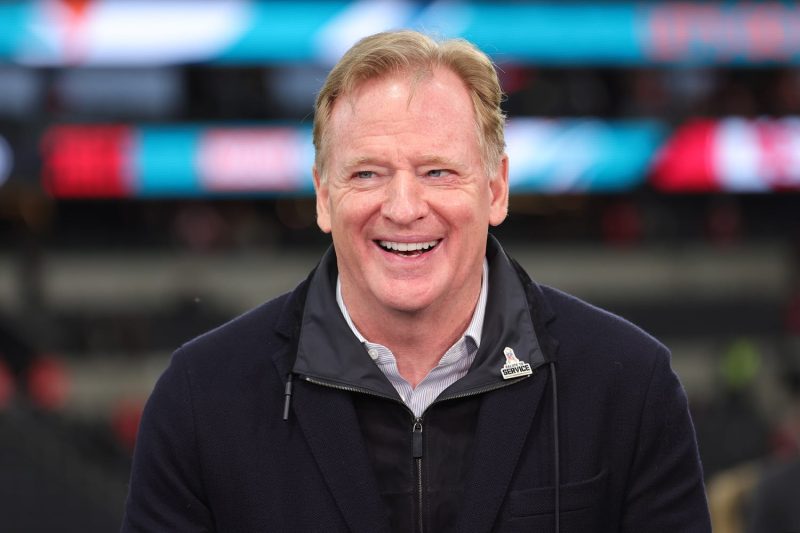The National Football League (NFL) has been a dominating force in the world of sports for decades, known for its high level of competitiveness and entertainment value. In a recent development, the NFL has expressed openness to the idea of private equity team ownership, allowing up to 10 percent ownership by private equity firms. This significant shift in ownership structure was announced by NFL Commissioner Roger Goodell recently, sparking curiosity and discussions within the industry.
Private equity ownership in sports teams is a relatively new concept, with only a few examples of such ownership existing in professional sports leagues. Private equity firms typically invest in companies with the aim of improving their performance and eventually selling them for a profit. The potential for private equity ownership of NFL teams raises questions about the implications it may have on the league’s operations, culture, and long-term sustainability.
One of the key arguments in favor of private equity ownership is the infusion of capital into teams, which could potentially lead to innovation and overall growth of the league. Private equity firms often bring expertise in business operations and marketing strategies, which could benefit NFL teams in terms of revenue generation and brand development. In a highly competitive and rapidly evolving sports market, having access to additional resources and strategic guidance could give teams a competitive edge.
On the other hand, there are concerns about the impact of private equity ownership on the values and traditions of the NFL. Critics argue that private equity firms may prioritize short-term profits over the long-term interests of the league and its fans. The emphasis on financial returns could potentially lead to decisions that prioritize revenue generation at the expense of the sport’s integrity and fan experience. Additionally, the increased presence of private equity in team ownership could fundamentally change the dynamics of the league, potentially shifting power dynamics and decision-making processes.
Another significant consideration is the potential conflicts of interest that may arise from private equity ownership of NFL teams. Private equity firms are driven by profit motives, which could conflict with the league’s emphasis on fair competition and sportsmanship. The involvement of private equity investors in team operations could also raise concerns about transparency and accountability, as these firms may have different priorities and objectives compared to traditional team owners.
Overall, the NFL’s openness to private equity team ownership represents a significant development in the world of professional sports. While the infusion of capital and expertise from private equity firms could benefit teams in terms of growth and competitiveness, there are valid concerns about the potential impact on the league’s values, culture, and long-term sustainability. As discussions around private equity ownership continue, it will be crucial for the NFL to carefully consider the implications and potential risks associated with this new ownership model.


























